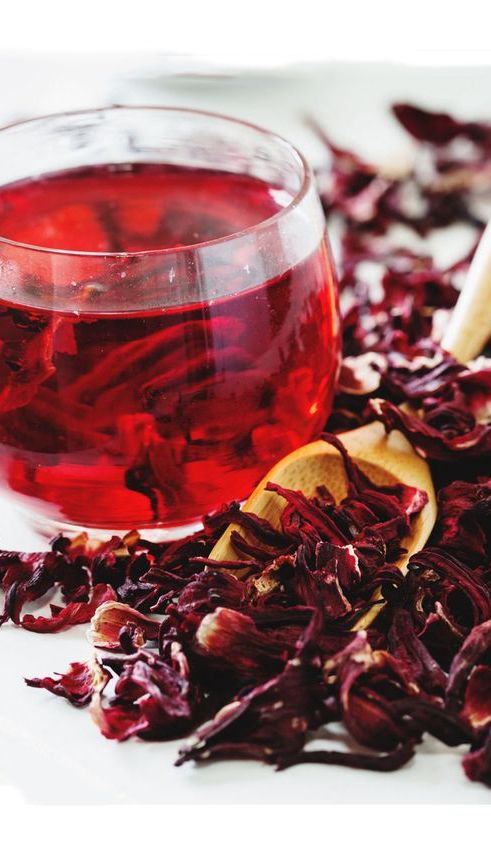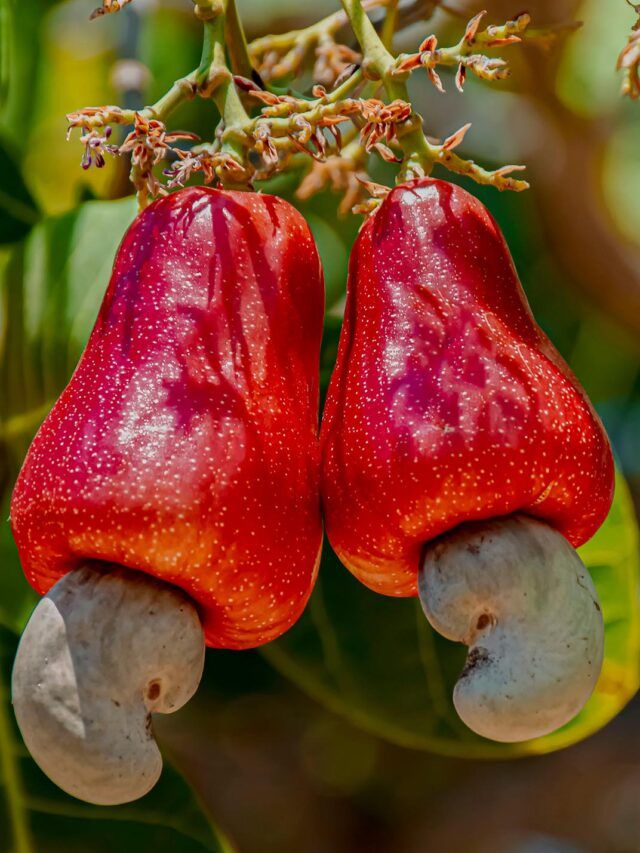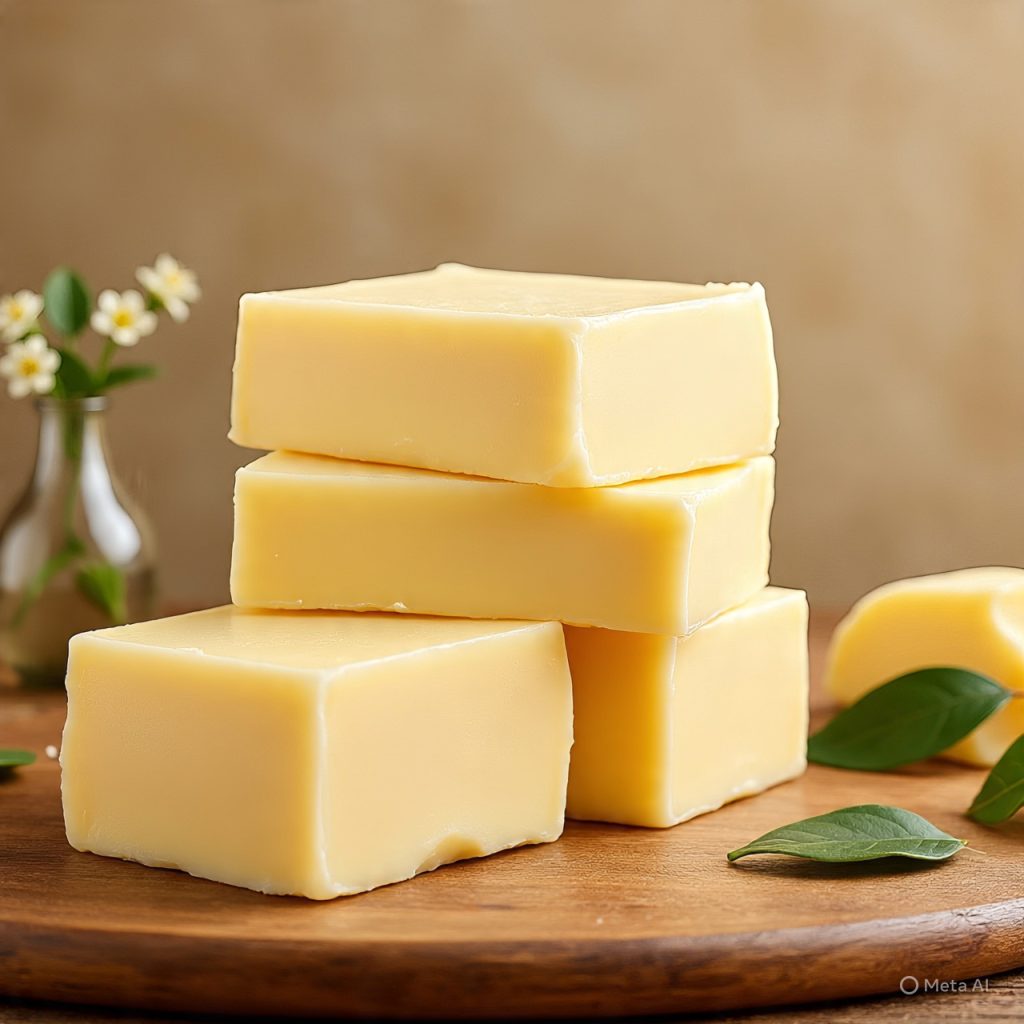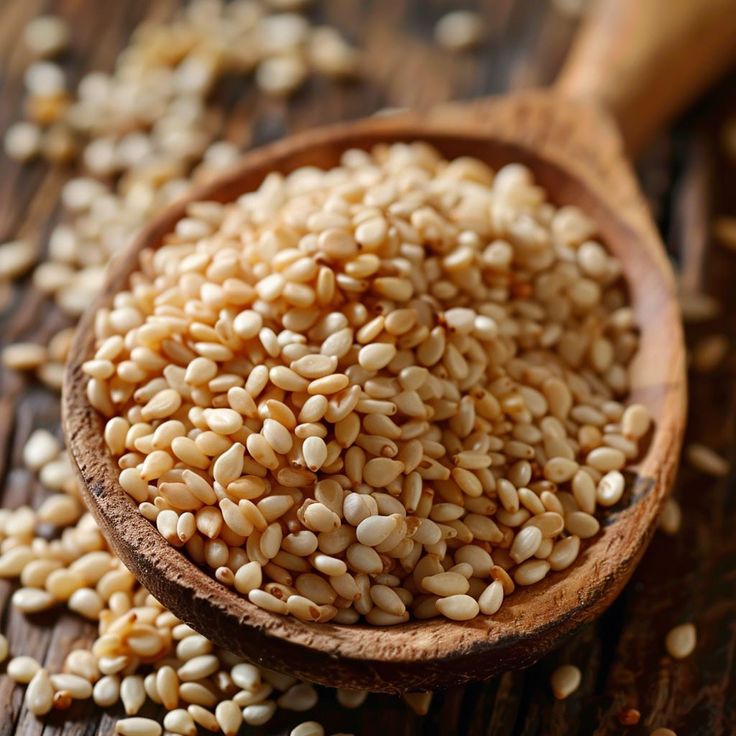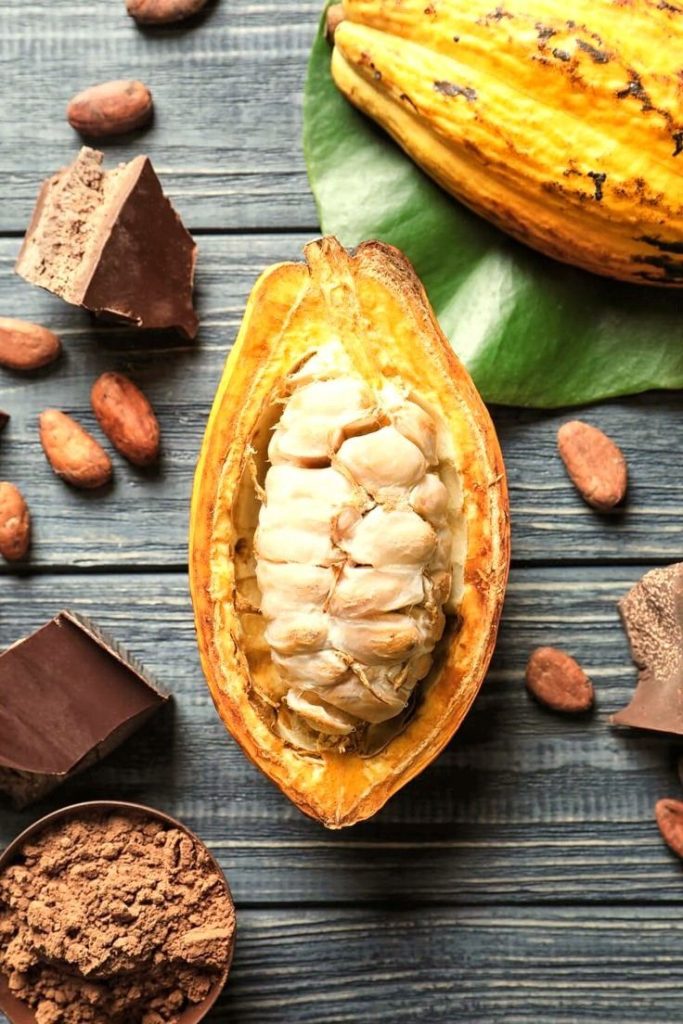Hibiscus flower, popularly known as Zobo in West Africa, is a highly sought-after agricultural product in the global herbal and beverage market. Known for its deep red petals, tangy flavor, and rich nutritional properties, hibiscus is widely used in the production of teas, drinks, natural food colorants, and herbal remedies. Its rising demand in Europe, North America, and the Middle East makes it a profitable export commodity.
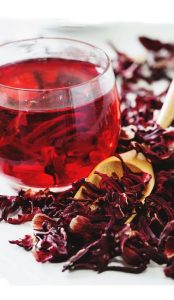 Why Hibiscus Flowers Are in High Demand
Why Hibiscus Flowers Are in High Demand
-
Health Benefits – Packed with antioxidants, Vitamin C, and minerals; supports heart health, digestion, and blood pressure regulation.
-
Beverage Industry Growth – Popular ingredient in herbal teas, cocktails, and natural juices.
-
Natural Coloring – Used as a plant-based alternative to artificial food dyes.
-
Herbal & Wellness Trends – Increasing preference for caffeine-free, plant-based drinks.
Common Uses of Hibiscus Flower
-
Herbal Tea – Consumed hot or cold; known for its refreshing, tart taste.
-
Natural Food Colorant – Used in jams, jellies, desserts, and beverages.
-
Nutraceuticals – Incorporated into supplements for its health benefits.
-
Traditional Medicine – Used in natural remedies across various cultures.
Varieties for Export
-
Dry Whole Calyx – Premium-grade dried petals for tea and beverages.
-
Crushed Calyx – Used in tea blends and food manufacturing.
-
Powdered Hibiscus – For industrial processing in food, cosmetics, and pharmaceuticals.
-
Organic Hibiscus – Certified chemical-free for premium markets.
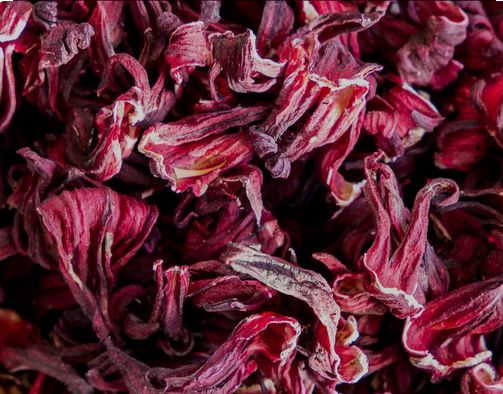
Major Importing Markets
-
Europe – Germany, UK, France, Spain (herbal tea and health products).
-
North America – USA, Canada (natural beverages, supplements).
-
Middle East – Egypt, UAE, Saudi Arabia (traditional drinks and health uses).
-
Asia – Japan, South Korea (functional teas and beauty products).
Export Processing Steps
-
Harvesting – Carefully picking mature flowers for maximum color and flavor.
-
Drying – Sun or mechanical drying to maintain deep red color and prevent mold.
-
Cleaning & Sorting – Removal of dust, stalks, and foreign particles.
-
Grading – Based on color, size, and moisture content.
-
Packaging – Exported in 25kg, 50kg, or custom retail packs in moisture-proof bags.
Quality Standards & Export Requirements
-
Moisture Content – Typically below 12% to prevent spoilage.
-
Purity – Minimal foreign matter (less than 2%).
-
Certifications – Organic, ISO, HACCP for premium buyers.
-
Documentation – Phytosanitary certificate, certificate of origin, quality test report, export license.
Why Hibiscus Flower Export is Profitable
-
High-Value Commodity – Commands premium prices in organic and specialty markets.
-
Long Shelf Life – Properly dried hibiscus can last over a year.
-
Multiple Uses – Appeals to beverage, cosmetic, and nutraceutical industries.
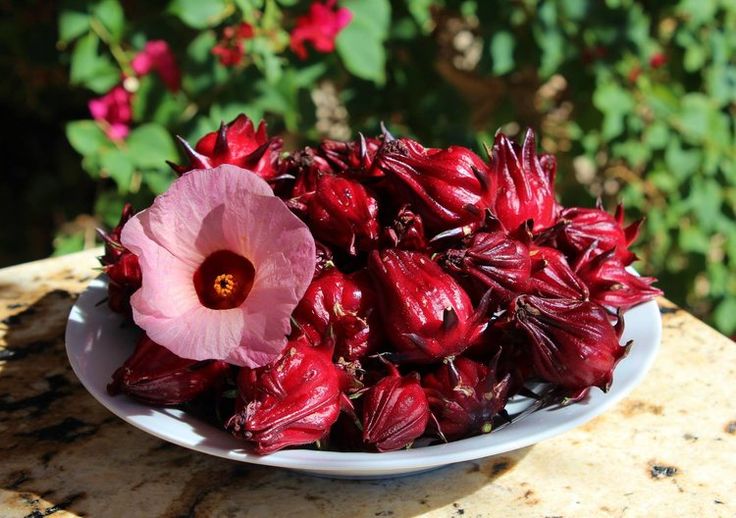
IMEN GREEN GLOBAL LIMITED Advantage
We supply vibrant, deep-red hibiscus flowers sourced from trusted growers. Our careful drying and cleaning processes ensure maximum flavor, color, and shelf life.
We offer:
-
Whole, Crushed, and Powdered Hibiscus.
-
Organic and Conventional Grades.
-
Custom Packaging & Private Label Services.
Conclusion:
Hibiscus flower export offers a unique opportunity for traders to tap into the booming global herbal and health food market. With consistent quality, reliable supply, and strong buyer relationships, exporters can secure repeat orders and grow their presence in high-demand regions.

